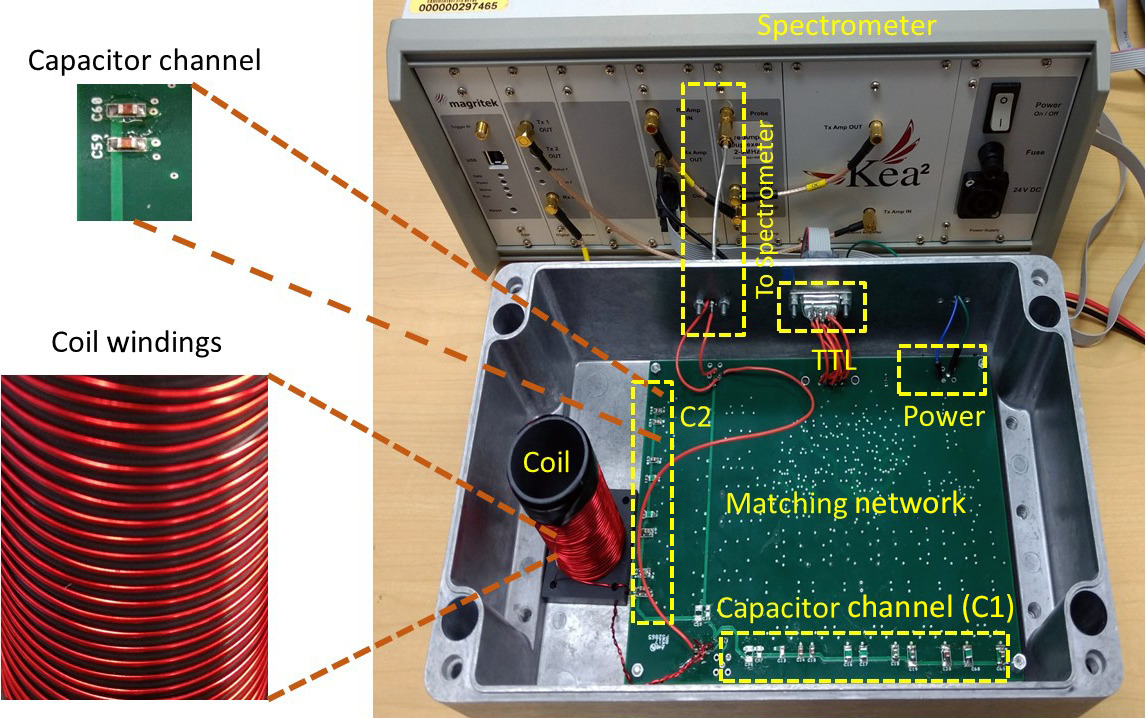Every year, consumers are cheated of billions of dollars, and the monetary value of fraud in the food and dietary or nutritional supplements is estimated to be over $40 billion annually.
As the industry grows, adulteration of many products by mislabelling, re‐branding, and false advertising is becoming prevalent practice. Existing solutions for analysis often require extensive sample preparation or are limited in terms of detecting different types of integrity issues.
Dietary supplements do not need the United States Food and Drug Administration (US FDA) approval for marketing according to the law.
We describe a novel authentication method based on Nuclear Quadrupole Resonance (NQR) spectroscopy which is quantitative, non‐invasive, and non‐destructive. It is sensitive to a small deviation in the solid‐state chemical structure of a product, which changes the NQR signal properties. These characteristics are unique for different manufacturers, resulting in manufacturer‐specific watermarks.
FDA found nearly 300 fraudulent supplements for weight loss, bodybuilding, and sexual enhancements with deceptive labeling.
We show that nominally identical dietary supplements from different manufacturers can be accurately classified based on features from NQR spectra. Specifically, we use a machine learning‐based classification called support vector machines (SVMs) to verify the authenticity of products under test. This approach has been evaluated on three products using semi‐custom hardware and shows promising results, with a typical classification accuracy of over 95%.
